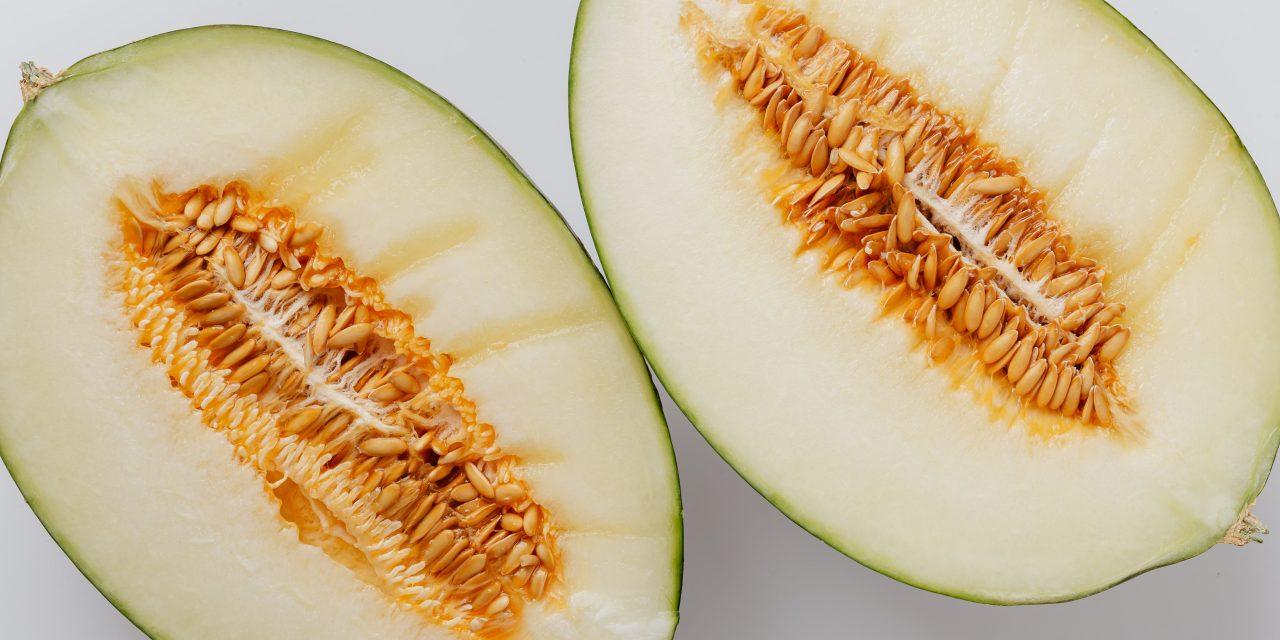The Eastern Ontario Health Unit (EOHU) is reminding residents about a Salmonella outbreak linked to Malichita and Rudy brand cantaloupes sold in Ontario and other provinces.
The Canadian Food Inspection Agency (CFIA) first issued a recall warning on November 1, 2023, for Malichita brand cantaloupes sold between October 11 and November 14, 2023. On November 24, 2023, the CFIA updated the food recall warning to also include Rudy brand cantaloupes sold between October 10 and November 24, 2023.
As of November 24, there have been 63 laboratory-confirmed cases of Salmonella illness linked to this outbreak across Canada. So far, 17 individuals have been hospitalized, and one death has been reported.
Symptoms of Salmonella Illness
Symptoms of salmonella illness usually start 6 to 72 hours after exposure to the bacteria and can last from 4 to 7 days. Symptoms may include:
- fever
- chills
- nausea
- vomiting
- diarrhea
- headache
- abdominal cramps
Individuals who are infected with the Salmonella bacteria can spread it to others several days to several weeks after they have become infected, even if they don’t have any symptoms. Salmonella can also spread through contaminated surfaces.
While most people who become ill from a Salmonella infection will recover fully within a few days without treatment, it can cause severe illness and hospitalization amongst others. Individuals at higher risk include older adults, young children, people who are pregnant, and people with weakened immune systems.
How to Prevent Illness Linked to this Outbreak
To prevent illness, the CFIA is notifying the public not to eat, serve, use, sell, or distribute Malichita or Rudy brand cantaloupes, or any products made with these brands of cantaloupes. If you have cantaloupe at home and you are unable to verify the brand, it is recommended to throw it out. It is also recommended to clean and sanitize all surfaces and storage areas that the affected cantaloupes may have come in contact with, such as countertops, containers, utensils, freezers, and refrigerators. In addition, avoid cooking food for others if you have a gastrointestinal illness.
How to Cut Cantaloupes Safely
Cantaloupes are at greater risk of being contaminated with bacteria than other types of melons due to their netted rind. The spaces between the netting can trap bacteria and make it harder to remove. Before cutting the cantaloupe, it is therefore recommended to thoroughly wash it under fresh running water and to scrub it using a clean produce brush. This will prevent bacteria from the outer rind making its way to the inner flesh when cutting. Check out the Government of Canada’s website for more food safety tips for melons.
More Information
For more information, consult the Government of Canada’s recall and public health notice.


